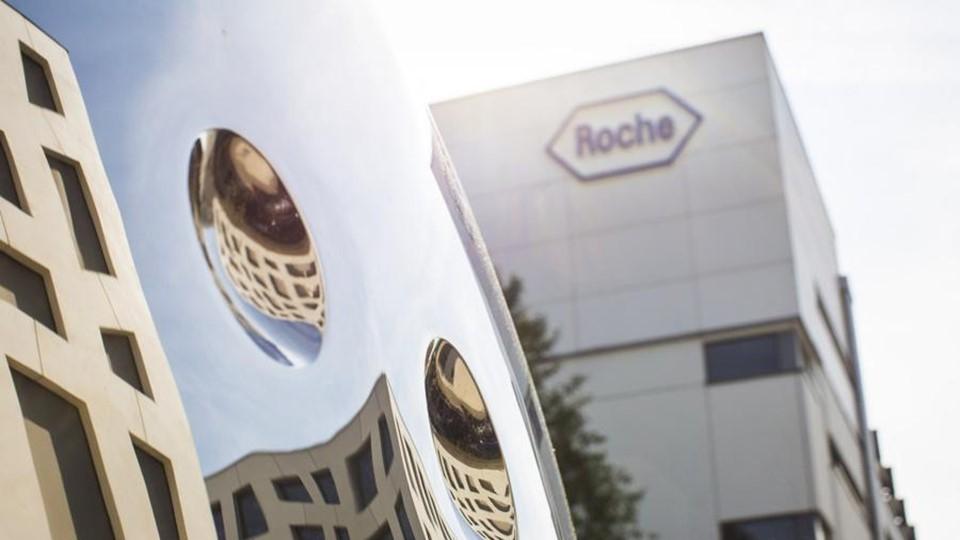Roche removes tenecteplase from phase 3 for stroke

Roche said it has removed its thrombolytic drug tenecteplase from phase 3 for for acute ischaemic stroke, along with several earlier-stage projects.
The fibrin-specific plasminogen activator – which is already sold as Metalyse and TNKase for patients with suspected acute myocardial infarction – was being tested in phase 3 stroke trials after a phase 2 comparison with older thrombolytic therapy alteplase found that a higher proportion of patients on tenecteplase had a good or excellent recovery on the modified Rankin scale (mRS).
Tenecteplase is a genetically modified version of alteplase with a higher specificity for fibrin and increased resistance to being inactivated, which extends its half-life in the body.
Roche confirmed the tenecteplase move in its second-quarter results update but said it will "continue to review the results from the phase 3 TIMELESS trial, the totality of external evidence and our own internal datasets to determine if there may be a path forward for tenecteplase in stroke."
Also included in the latest cull is RG6358 (SPK-8016), a gene therapy for haemophilia A with inhibitors to Factor VIII that emerged from Roche's $4.8 billion takeover of Spark Therapeutics and was in a phase 1/2 dose-ranging trial.
Last month, the FDA approved Roctavian, BioMarin Pharma's gene therapy for haemophilia A without inhibitors, ahead of Roche's RG6357, which is in late-stage development for this patient group.
A series of early-stage projects have also been dropped, including RG6007, its HLA-A2-WT1xCD3 bispecific antibody for acute myeloid leukaemia, RG7637 for psychiatric disorders, cancer therapy RG6392, and its SQZ-PBMC-HPV vaccine for solid tumours associated with human papillomavirus.
The discontinuations came as Roche admitted that it needs to bolster its late-stage pipeline after a series of setbacks for projects such as breast cancer therapy giredestrant, TIGIT-targeted tiragolumab and AKT inhibitor ipatasertib for cancer, and Alzheimer's candidate crenezumab.
Recent moves to add to its R&D portfolio include a just-signed licensing agreement with Alnylam for a twice-yearly drug to treat high blood pressure, and a rumoured but unconfirmed deal with Roivant to buy an inflammatory bowel disease therapy.
Financially, things are currently going fairly well, with pharma sales up 7% to CHF 10.9 billion ($12.8 billion) on the back of continued strong growth for growth-stage therapies like eye disease therapy Vabysmo (faricimab), Ocrevus (ocrelizumab) for multiple sclerosis, and haemophilia drug Hemlibra (emicizumab).
Its diagnostics division continues to feel the effect of a post-pandemic fall in COVID-19 tests, however, with revenues falling 17% to CHF 3.5 billion.
(An earlier version of this story indicated Roche had withdrawn development of tenecteplase for stroke, but the company said that is not the case. P.T)













